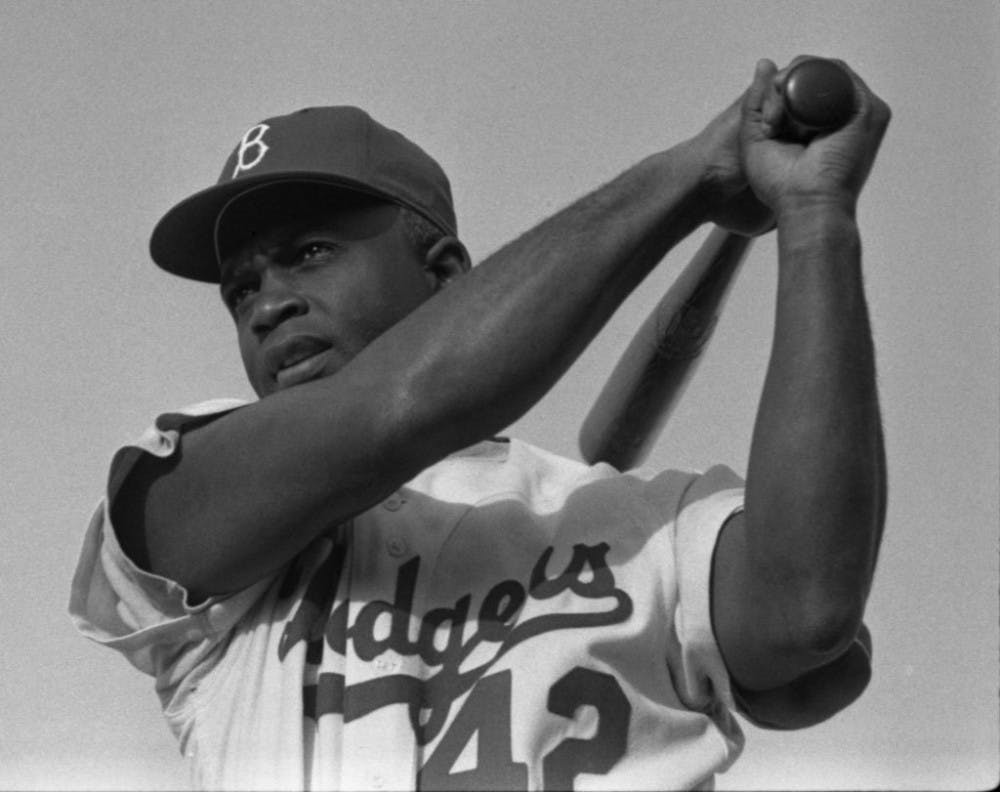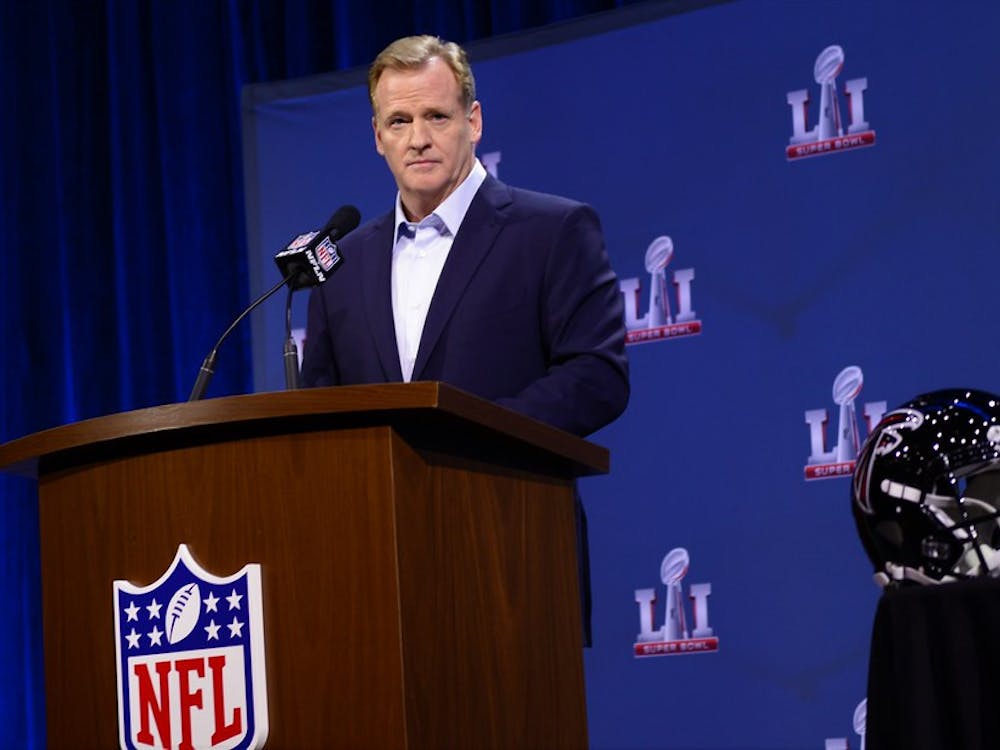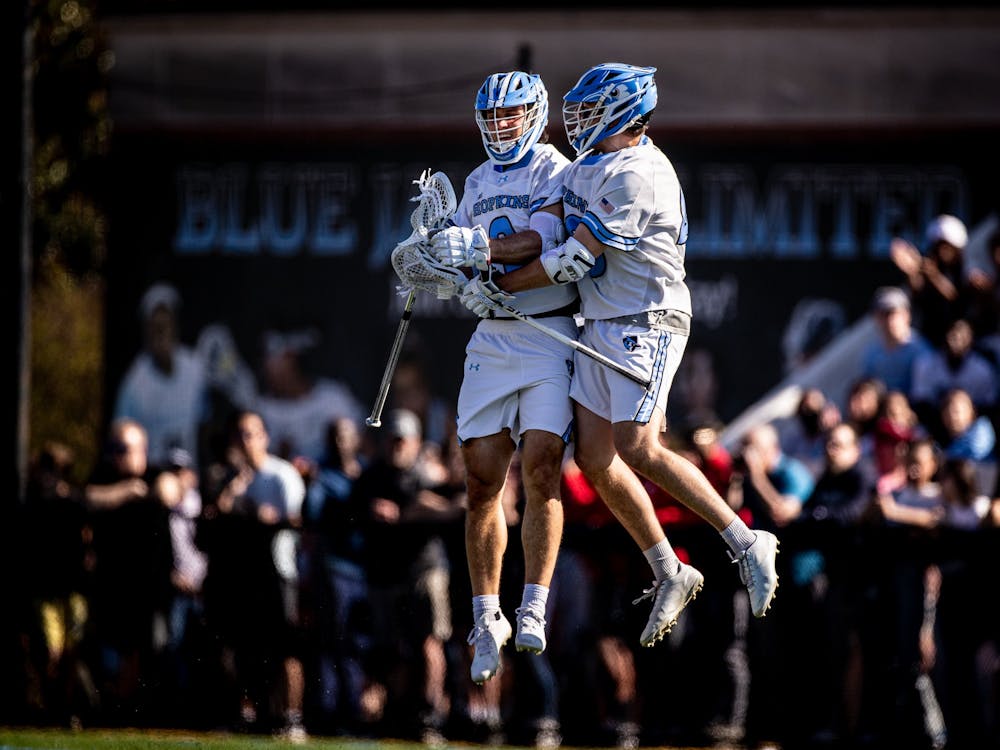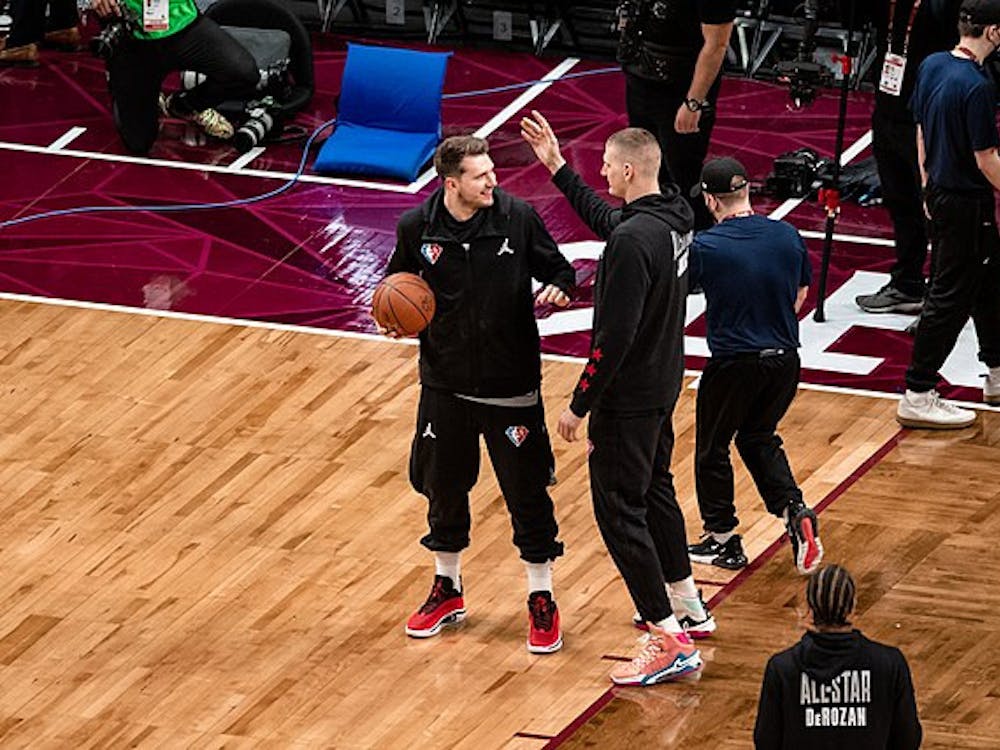On Monday night, the visiting Baltimore Orioles dispatched the Boston Red Sox 5-2. The win moved the O’s into sole possession of first place in the American League East at 16-8, which would usually be a cause for celebration. However, the post-game press coverage was dominated by far more insidious incidents that occurred during the game.
Orioles Star center fielder Adam Jones reported that a fan had thrown a bag of peanuts at him during the game, while shouting out a number of racial slurs.
“I was called the N-word a handful of times tonight. Thanks. Pretty Awesome,” Jones said.
Does Major League Baseball have a race problem? It’s a question that many news outlets have grappled with in the wake of the Jones incident. The answer is and always has been clear. Yes. Unequivocally, yes.
Baseball is our country’s national pastime. Baseball is firmly ingrained within our popular culture. It has dazzled and entertained generations of Americans. Baseball has a race problem because America has a race problem.
Racism has been firmly rooted within the foundation of our nation since its inception. Just as the country has continued to grapple with race issues, baseball has continued to do the same.
For over 50 years, the owners and players of Major League Baseball (MLB)had operated under a gentleman’s agreement, which barred African-American players from participation. It was not until 1947 that Jackie Robinson heroically broke the MLB color line when he suited up for the Brooklyn Dodgers.
Before and during games, Robinson would frequently be jeered with racial slurs from both fellow players and fans and would receive numerous death threats. Some of his teammates insisted that they would rather sit out games than play alongside him.
Our society has luckily made many strides since Robinson’s debut almost 70 years ago. However, it would be foolish to suggest that racism has been entirely eradicated from the sport. The incident with Jones is just one of many which have occurred in recent years. Last year, for example, prominent radio broadcaster Colin Cowherd received major backlash after he suggested that Dominican baseball players lacked intelligence.
“The game is too complex? I’ve never bought into that, ‘Baseball’s just too complex.’ Really? A third of the sport is from the Dominican Republic.” Cowherd said. “Baseball is like any sport... It’s mostly instincts.”
The declining participation of African Americans in MLB is also concerning and suggests that the sport is alienating black fans and participants. Just 62 out of 862 players on opening day rosters in 2017 were African American, which constitutes less than eight percent of the League. As recently as 1986, the league was 18.3 percent African American. While a rise in hispanic participation certainly accounts for some of this decline, a 10 percentage point drop over a 30-year period is staggering.
In the days following the incident with Jones, many other black players have revealed their shared experiences. New York Mets outfielder Curtis Granderson suggested that the amount of harassment he receives during road games transcends simple hatred of the other team; It is personal.
“You can really get a sense that people are upset at you rather than what you represent, regardless of playing ability,” Granderson said.
Atlanta Braves outfielder Matt Kemp noted that racial slurs are an unfortunate part of the gameday experience at ballparks across the country, and wishes that the League would do more to limit the problem.
“It’s bad and like I said you got security guards and people there just sitting there letting it happen... MLB should step in and talk to some of these different stadiums, actually all of them and get this stuff together,” Kemp said. “It’s unacceptable, as grown men we shouldn’t have to worry about people throwing stuff at us.”
Adam Jones believes that throwing perpetrators of racial intimidation out of the stadium is not enough. He believes these individuals should be fined thousands of dollars for their hateful rhetoric.
“That’s how you hurt somebody. You suspend them from the stadium, what does that mean? It’s a slap on the wrist,” Jones said. “That guy needs to be confronted, and he needs to pay for what he’s done.”
Major League Baseball must be held more accountable for the actions of its fans. Severe penalties must be levied against those who intimidate players with racial slurs. However, that alone cannot be enough to eradicate the issue at hand. As long as bigotry and racist rhetoric endure in our society, racism will rear its ugly head within and across American institutions. People who resort to racial slurs to denigrate others should be banned from sports stadiums for life. However, we must consider how and why an individual has come to hold racist beliefs that manifest themselves at the ballpark.
The Adam Jones situation reminds us that America is not “post racial.” The hearts and minds of many within this country are filled with an irrational hatred of those perceived as “outsiders” and baseball is not immune to this reality. The sport and those who follow it have made incredible strides. But on some nights, 2017 becomes 1947 all over again. And we are reminded that sports, society and politics are firmly intertwined.

















Please note All comments are eligible for publication in The News-Letter.